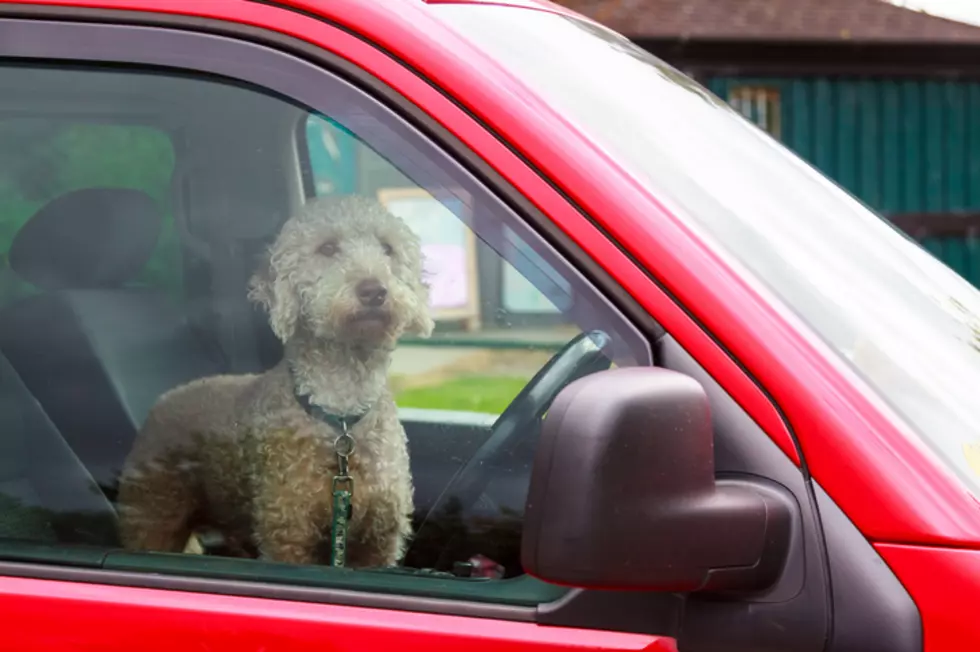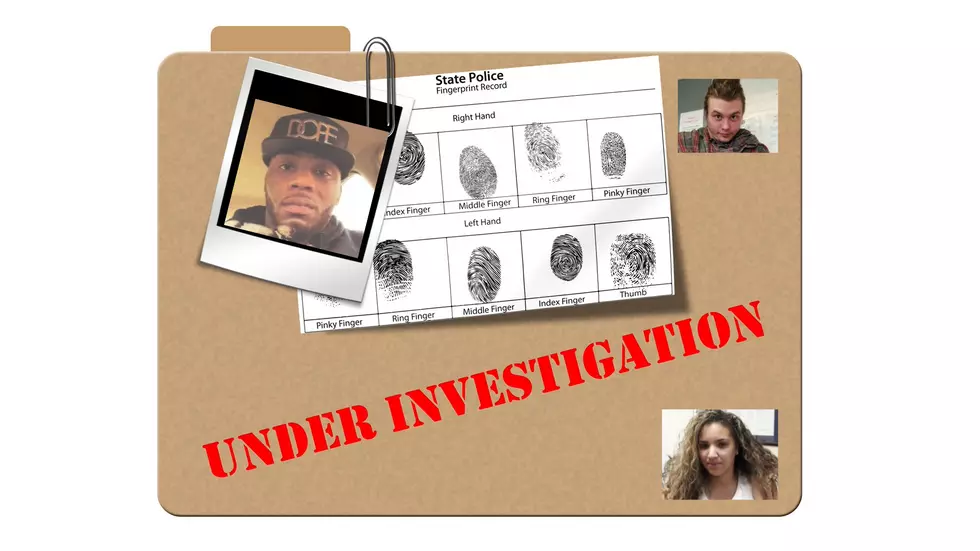
Connecticut Law Protects People If They Save a Dog In a Hot Car
For the longest time, it was actually illegal in Connecticut to break a car window to save a dog locked in a hot car. That is no longer the case.
Since we first published the story last summer, there has been a tremendous outcry from people all over the state who felt that that law was ridiculous and should be changed, and we wanted to give you the update.
Enter State Representative Fred Camillo from Connecticut's 151st district, who proposed legislation to the State Transportation Committee that would change the existing law, and allow anyone to do whatever they have to, within reason, in order to rescue a dog or child from a hot car.
Prior to this new law going into effect on October 1st 2018, people who broke into cars in order to save a dog a hot car would not be protected. Thankfully, that's all changed.
Here's what the new law is all about:
Public Act 18-164: An Act Concerning Recommendations by the Department of Motor Vehicles Regarding the Motor Vehicle Statute.
The act allows "legal protection to 'Good Samaritans' who use reasonable force to rescue a child or animal left in a vehicle during extreme weather conditions,The law will provide legal protection to “Good Samaritans” who use reasonable force to rescue a child or animal left in a vehicle during extreme weather conditions.
Here's the official legalize and actual law that's now on the books here in Connecticut:
Sec. 16. Section 52-557u of the 2018 supplement to the general statutes is repealed and the following is substituted in lieu thereof (Effective October 1, 2018): (a) Notwithstanding any provision of the general statutes, a person who enters the passenger motor vehicle of another, including entry by force, to remove a child or animal from the passenger motor vehicle shall have an affirmative defense against any civil damages or criminal penalties resulting from the acts or omissions by such person in removing the child or animal from the passenger motor vehicle, if such person:
(1) Has a reasonable belief, at the time such person enters the passenger motor vehicle, that such entry is necessary to remove the Substitute House Bill No. 5312 Public Act No. 18-164 22 of 33 child or animal from imminent danger of serious bodily injury;
(2) Uses no more force than reasonably necessary under the circumstances to enter the passenger motor vehicle to remove the child or animal from imminent danger of serious bodily injury based upon the circumstances known by such person at the time;
(3) Reports the entry and the circumstances surrounding such entry to a law enforcement agency or other public safety agency within a reasonable period of time after entering the passenger motor vehicle; and
(4) Takes reasonable steps to ensure the safety, health and well being of the child or animal after removing the child or animal from the passenger motor vehicle. (b) The affirmative defense provided in subsection (a) of this section shall not apply to acts or omissions constituting gross, willful or wanton negligence. (c) Nothing in this section shall affect a person's civil liability if the person attempts to render aid to the child or animal in addition to the aid that is authorized under this section.
More From WRKI and WINE









